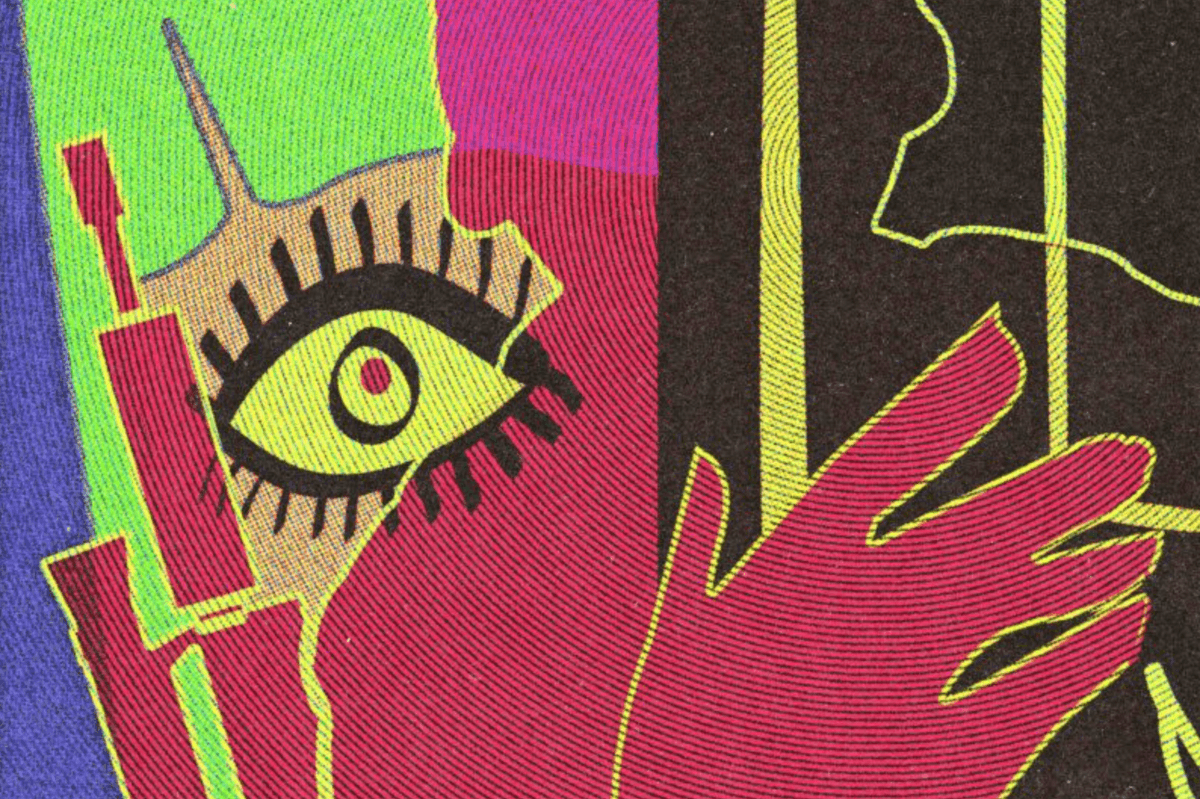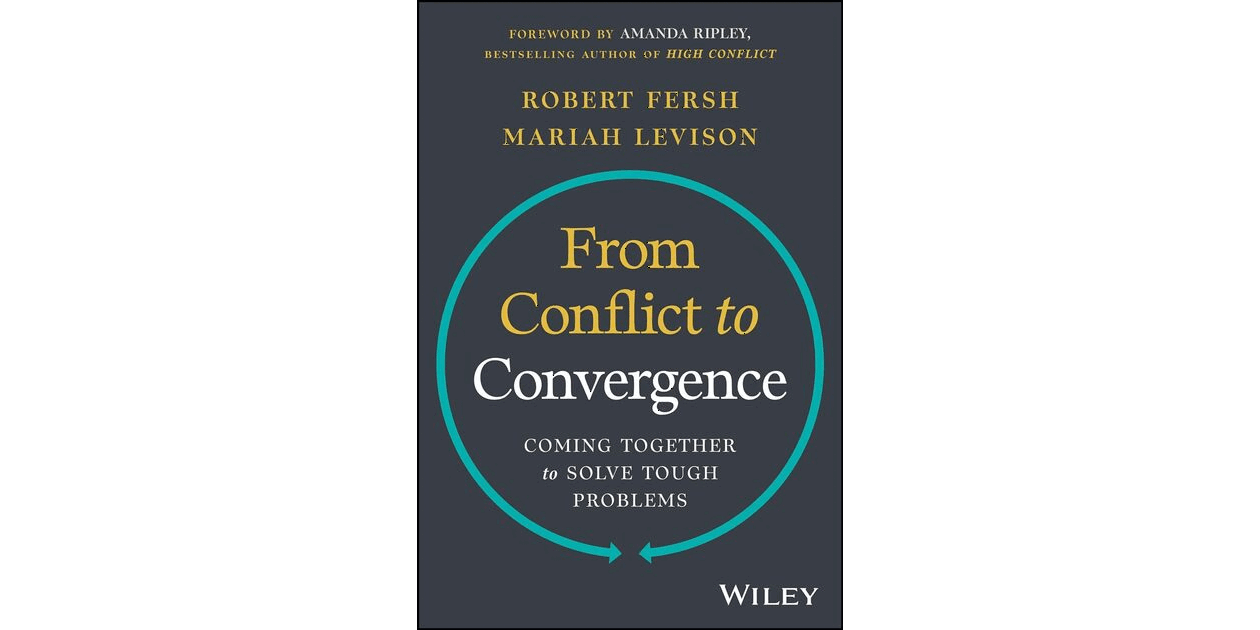More than ever, Americans need to de-escalate conflict and constructively engage with others to find better solutions to problems. “ From Conflict to Convergence: Coming Together to Solve Tough Problems,” a new book by Mariah Levison and Robert Fersh, is an incisive, hands-on guide designed to help citizens do just that.
Fersh is the founder and senior advisor of the Convergence Center for Policy Resolution, a nonprofit organization founded in 2009 to promote consensus solutions to issues of domestic and international importance. Fersh formerly worked for three congressional committees.
Levison is the CEO of Convergence and a seasoned consensus-builder with decades of experience in bringing people together to solve critical state and national issues. She speaks and trains nationally and internationally in settings ranging from communities to law schools to foreign governments to TED Talks.
Convergence has a rich, 15-year history as a pioneer in a distinctive approach to collaborative problem-solving across divides to help solve seemingly intractable challenges at the intersection of national politics and policy. It convenes leaders in their fields representing wildly divergent views with a consistent record of success in building trust, forging consensus and driving meaningful change.
Full of real-life stories and examples, the book presents tried and tested strategies to help a wide array of people negotiate and navigate seemingly intractable conflicts. Readers will learn how to find "higher ground” or mutual-gain solutions that meet the needs of even conflicting groups and people, which in turn can set the stage for longer-term cooperation.
Levison and Fersh ask: “How do we treat each other across our differences? Is it with derision, dismissal or avoidance? Or is it with respect, decency and engagement whenever possible? We believe the path to better solutions and a better society will virtually always be found through respectful dialogue. Whether you’re addressing festering family issues, workplace disagreements, thorny community decisions, or contentious public policy challenges, we have enormous — and, in too many cases, unrealized — potential for resolving problems large and small.”
“We want to share our approach because we passionately believe that widespread employment of collaborative problem-solving can lead to a more civil and functional world. Taken to scale, it can be an important antidote to the deepening divides in civic culture. Collaborative problem-solving is a powerful and proven response to the growing doubts in the US and elsewhere that people who see things differently can work cooperatively to achieve important gains.”
In describing the book they go on to say:
“We hope you will take away from this book that collaborative problem-solving is not soft or naïve. It’s not a nice-to-have tool to employ on rare occasions, when conditions are right, or when only courteous people are involved. Rather, integrating the fullest range of needs and interests consistently achieves not-otherwise-possible results while also building positive relationships in the process. In turn, these relationships across differences often engender a virtuous cycle of continued collaboration and constructive results. That’s the big dividend.”
The book is certainly worth a read during these divided times in America.
“No matter how irreconcilably divided we think we are, how much we think we already know the answers ourselves, or how skeptical we are of the “other side,” we can all do a far better job of understanding how other people think; we can all do a far better job of working together to solve problems of mutual concern. Too often, we assume we know how and why others think the way they do and we fail to see the decency and shared aspirations of the people we view as dyed-in-the-wool opponents. Too often we fail to recognize that as smart as we may be, we never hold all the answers for solving tough problems. And too often we react to messengers who may have been strident or unreasonable in how they present their views instead of considering the reasonable arguments and good intentions of those who propose them.
Some people may be too ideological, too committed to hating others based on their identity, or too convinced that only they hold “the truth” to effectively engage with others. But there is ample evidence that most people and groups can find significant common ground and build a sense of community in the process, even when they’ve long been at odds.”
From Conflict to Convergence: Coming Together to Solve Tough Problems is widely available from various booksellers like Amazon, Barnes and Noble and Bookseller. (Disclosure




















